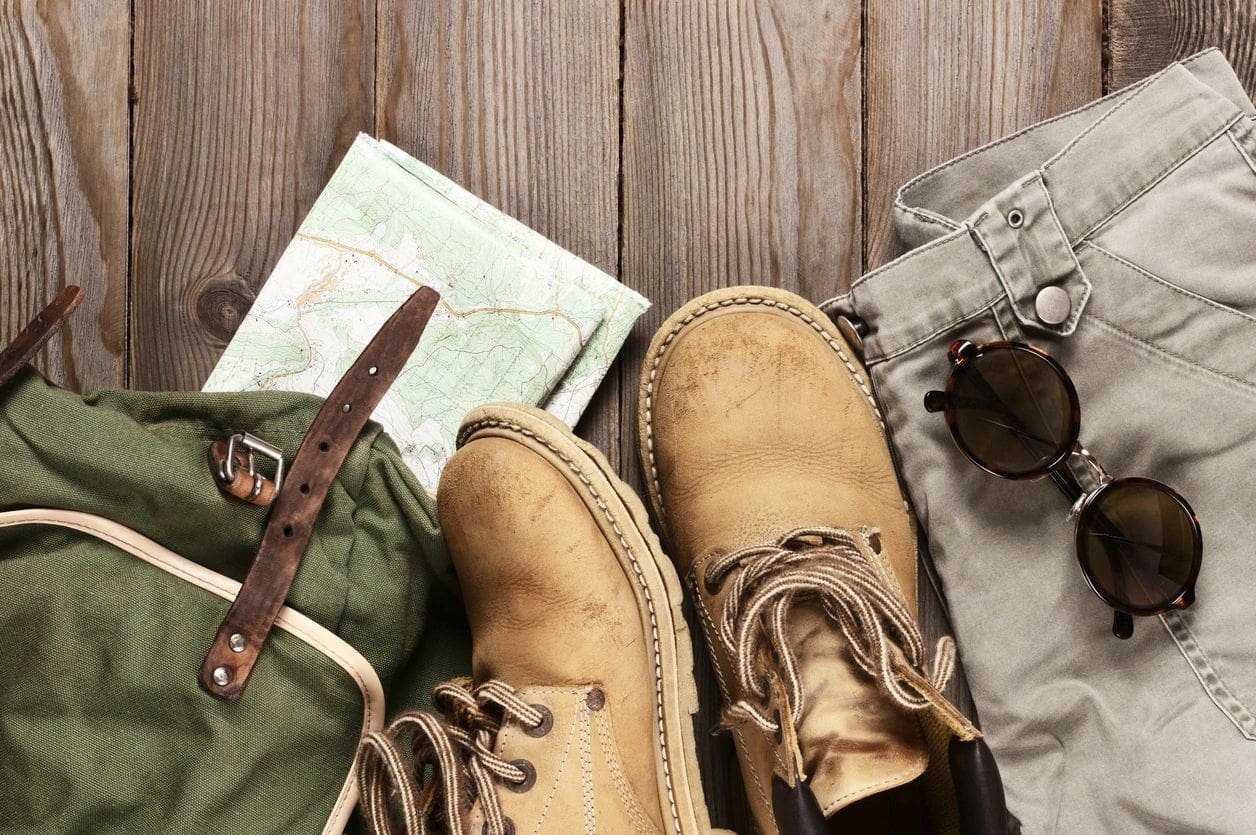
Walking Wonks – Amazing, Crazy Walkers
Two summers ago, I was an outlier at a reunion in Santa Fe of people who had walked the Camino del Santiago, a pilgrimage across northern Spain. These friends and acquaintances had traveled on foot at least 62 miles and up to 500 miles to their destination–the magnificent cathedral in Santiago. The reward for completing this arduous journey was an indulgence certificate from the cathedral.
My friend Nora, who dragged me to the event, had walked across England, trekked in Nepal, and trudged 100 miles to Santuario de Chimayo in New Mexico–in addition to the Camino del Santiago. Another woman had recently completed a pilgrimage of over a thousand miles from Canterbury, England, to Rome, Italy. A German woman and an American man at the party were inspired by their Camino experience to walk across the contiguous 48 states of the U.S. in eleven months.
According to the man, 12% of the nights they were invited to stay in people’s homes. The other 88% of nights were spent in motels. This sounded overly precise to me, but I learned he had served in Army Intelligence during the Viet Nam War. I trusted his figures.
Prior to this party, I considered myself a hearty, if not amazing, walker. Most days my friend Suzanne and I pounded the streets of Glendale, California, for an hour and a half. Did we get far? According to my perceptive cell phone, we covered three to four miles. When we arrived back at the French bakery from where we started, we granted our own indulgences by ordering delicious cappuccinos. We were satisfied we had done the utmost for our health and well-being. It was a shock to learn I was not in the league of great walkers.
What motivated me to walk every day was the theory that the human body evolved for endurance running and walking. Supposedly, after about an hour of vigorous exercise, the body releases healing enzymes that fight cancer, arthritis, and other ills. If you can achieve health benefits in an hour or so, I’m wondering what prompts people to walk for days, weeks, or months.
During the Middle Ages criminals could avoid prison, torture, or death if they earned indulgences for walking the same Camino del Santiago my friends had traveled. The penance of walking vast distances apparently kept criminals from committing further sins or crimes and changed them from criminals into suffering pilgrims. Among today’s Catholics there is still a bit of hope for the divine in an indulgence, which can be awarded for good works, donations to charities, or upon completion of a pilgrimage. A few indulgences in the bank can’t hurt. The irony of my friends walking the Camino is they are all church-going, benevolent, law-abiding people. I can’t imagine their needing an indulgence to expunge anything from their souls. The worst sinners–the truly wicked–don’t voluntarily walk for miles mumbling, “I’m bad, I’m bad, I’m bad.”
Long-distance walkers are dusty, tired travelers who thumb their noses at drivers and prefer the self-sufficiency of their own feet. Hitchhikers, on the other hand, are dusty, tired travelers who thumb their thumbs at drivers and hope for a lift. The couple at the party who spent eleven months walking across the United States were not people who considered middle America “flyover” country. Rather, they preferred to experience the land one footfall at a time. Along the way, they enjoyed the warm-hearted generosity of strangers who invited them to stay in their homes–precisely 12% of the time.
When Covid arrived, walking became more important than ever. Even if you were locked down, ordered to stay home, or forced to go to work, and then quarantined, you could still walk. Walking was exercise, freedom, fresh air, entertainment, and sanity. Masked, muffled, and six feet apart, my walking buddy and I could still have a conversation. It was no different from talking to a bundled-up friend in a blizzard, only better: we were in sunny Southern California.
In Glendale when I walked by myself, I talked to crows, cats curled up on porches, and babies in strollers. Sometimes even plants. Recently, I moved to Parker, Colorado, a hilly, woodsy area southeast of Denver. Now when I’m a solo walker, I chat with fawns and compliment the watchful mamas on their parenting skills. Wild turkeys initiate conversations with me, but it’s a misconception that they say, “Gobble, gobble.” Instead, their words are, “Irk, irk, irk.” When they’re excited, they make Woo-ee sounds. I respond in kind and then walk on by. With my heart pumping, I wander up and down hills. Creative thoughts course through my mind. Once again, I am under the delusion that I am an amazing walker.